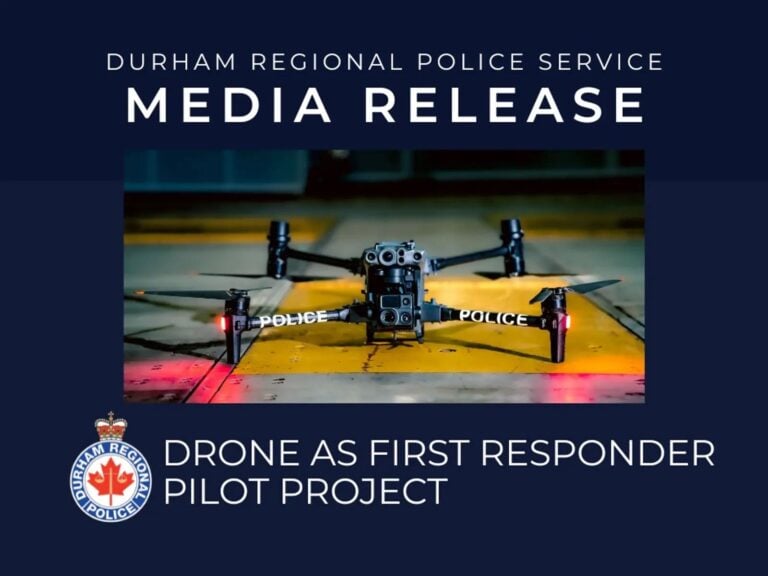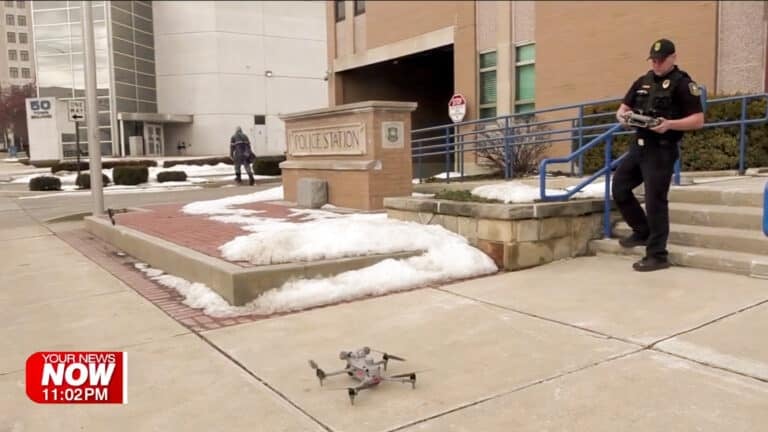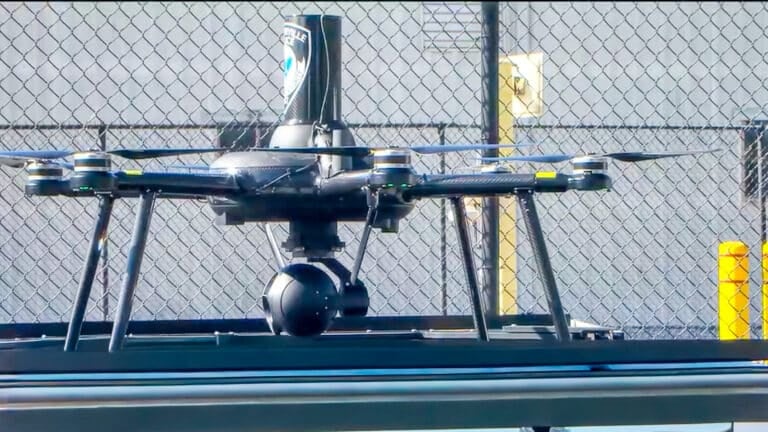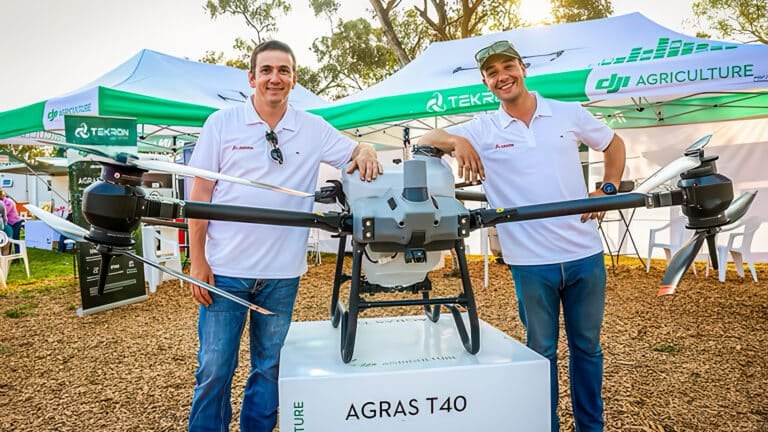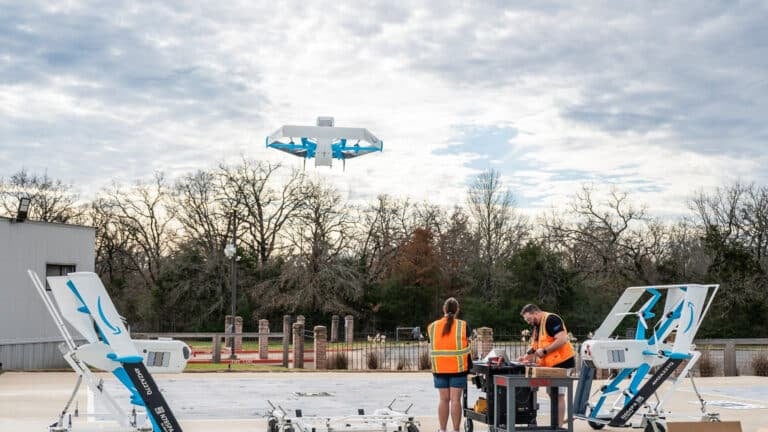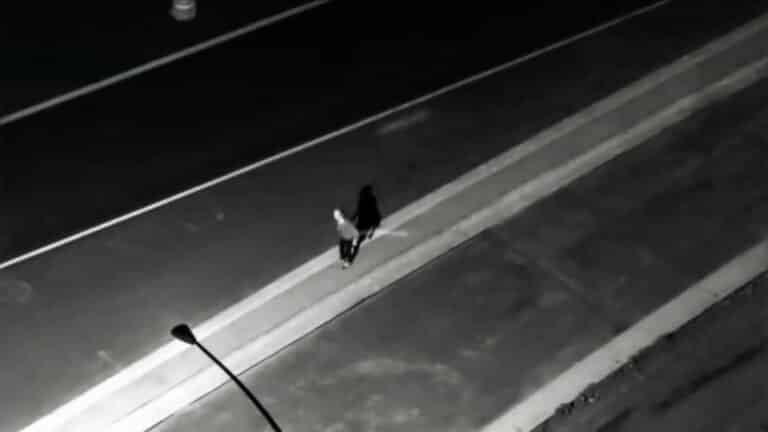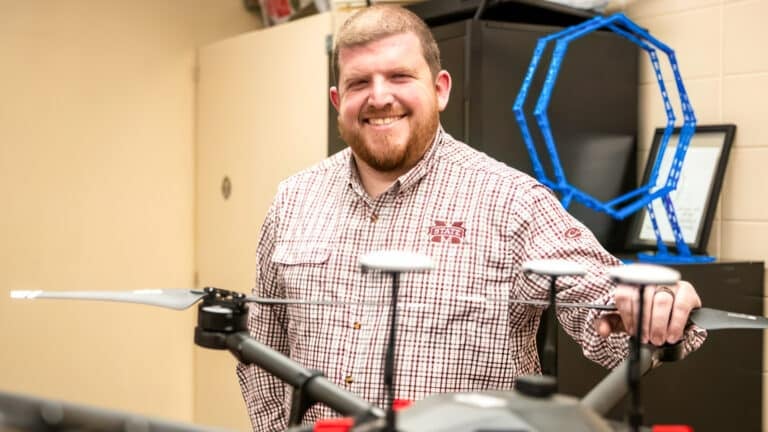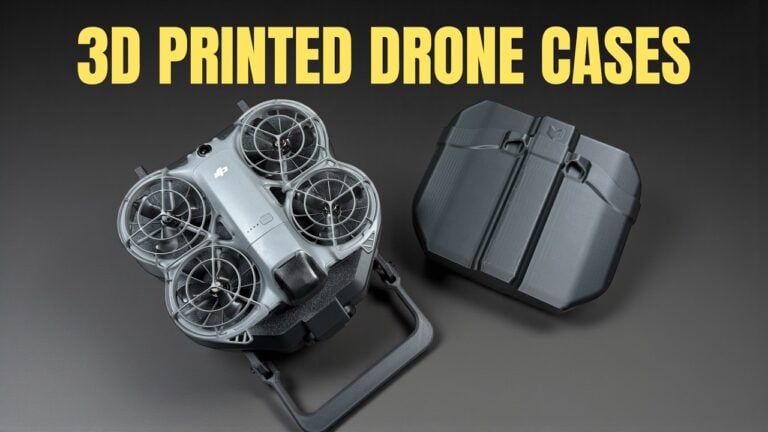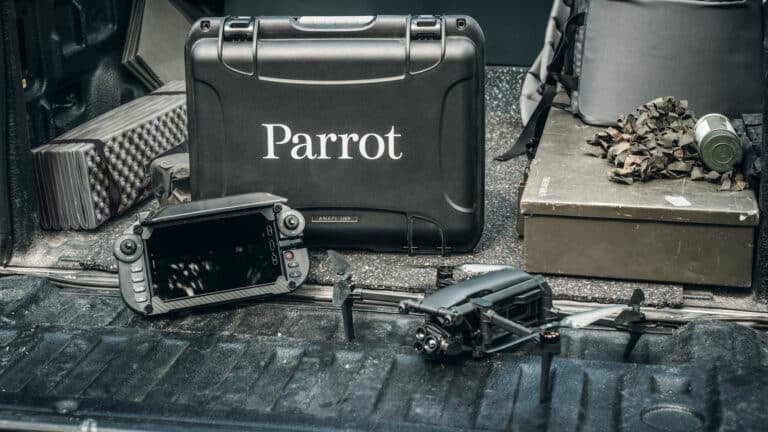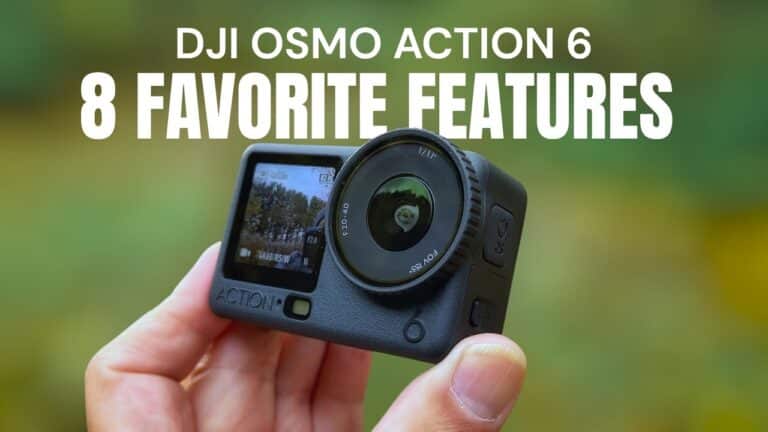California Police Department Withdraws Drone Research Proposal After Community Backlash
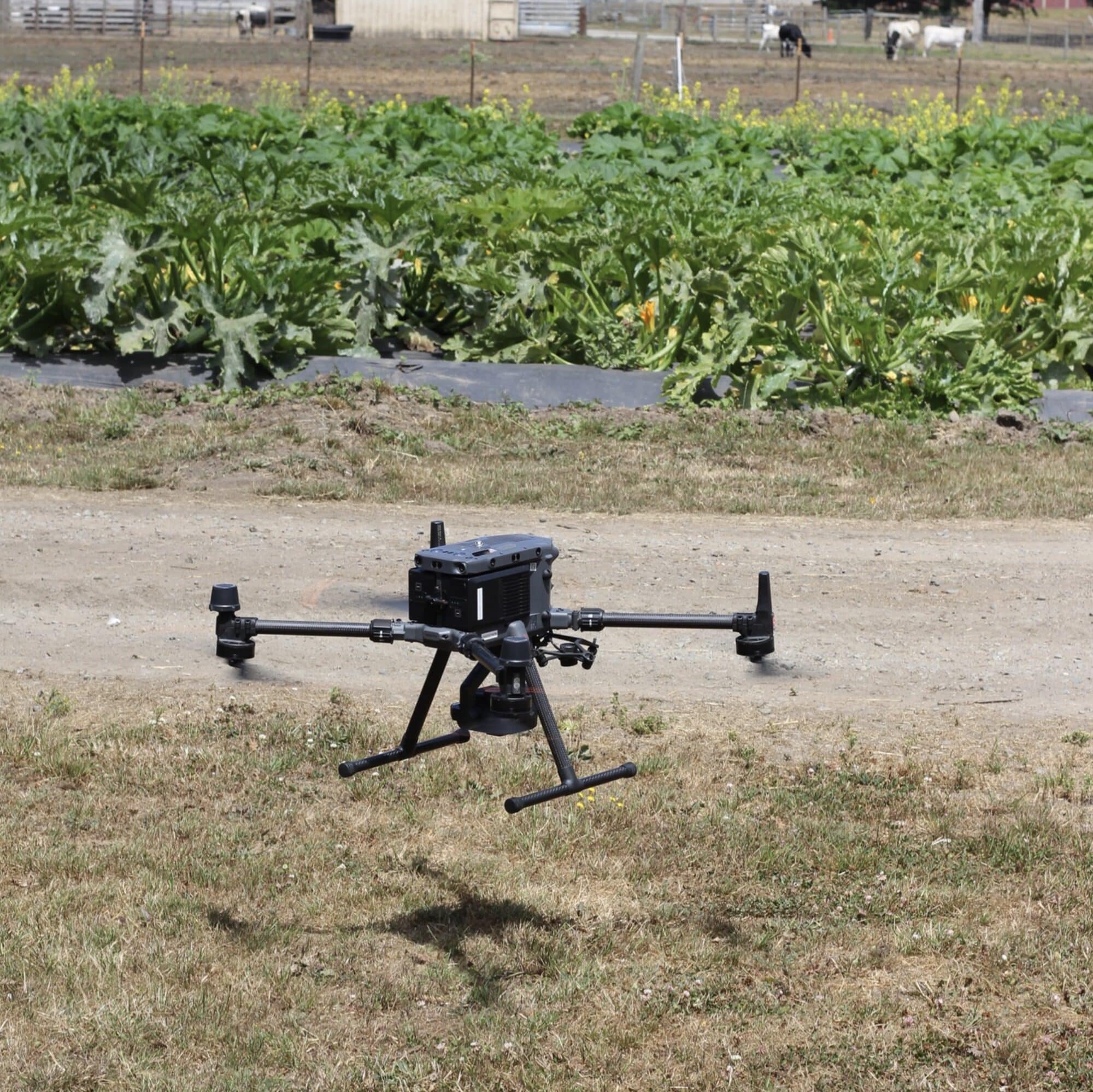
Check out the Best Deals on Amazon for DJI Drones today!
The Eureka Police Department pulled a proposal Monday that would have allowed the agency to begin researching a drone program, following organized opposition from privacy activists who mobilized community members ahead of Tuesday’s city council meeting.
The withdrawal highlights how California‘s military equipment ordinance creates checkpoints that can delay or derail law enforcement drone adoption, even when agencies seek only permission to research the technology.
EPD Sought Research Authorization Under Military Equipment Rules
EPD had asked the Eureka City Council for authorization to begin researching and developing an unmanned aerial system program, according to an agenda summary prepared by Police Chief Brian Stephens. The request was scheduled for the October 21, 2025 council meeting but was removed from the agenda Monday afternoon.
Under Eureka Municipal Code Chapter 104 – Military Equipment Use, the department must obtain city council approval before pursuing funding, acquisition, or even research involving equipment classified as “military equipment.” California’s Assembly Bill 481 established this framework statewide in 2022, requiring law enforcement agencies to justify military equipment acquisitions and use to their governing bodies.
The proposal emphasized that EPD was “not requesting approval to acquire or deploy drones, but only to conduct research into available technology, costs, training, operational needs and community impact.”
Department Currently Relies on Sheriff’s Office Drones
EPD has repeatedly borrowed drones from the Humboldt County Sheriff’s Office for critical incidents. The department’s agenda summary noted that these deployments have included mental health crises involving self-harm, searches for missing persons, barricaded suspect situations, and public safety incidents near schools.
The most recent high-profile use came during a day-long standoff in September 2025, when EPD made extensive use of Sheriff’s Office drones while negotiating with an armed suspect at a West Hawthorne Avenue residence.
According to EPD’s press release, drones have assisted in de-escalating a crisis involving a person threatening to jump from the Eureka water tower, searching structures for armed barricaded suspects before tactical team entry, and locating armed subjects near school campuses during lockdowns.
The department argued that relying on outside agencies “limits timely access to this critical resource.”
Privacy Advocates Mobilized Opposition
The Humboldt Area Center for Harm Reduction organized community opposition to the proposal, encouraging residents to attend Tuesday’s council meeting and contact council members. In a Facebook post, the organization characterized the request as “MILITARY DRONE SURVEILLANCE” and urged the community to “KILL IT before the EPD find(s) new ways to kill us and those we love.”
The group described the effort as keeping “fascism out of our community” and provided an email template for residents to send to city council members.
The organized response succeeded in pressuring the city to pull the item before the scheduled council meeting, though officials have not stated whether the proposal will return in modified form.
Next Steps Would Have Required Multiple Approvals
If the council had authorized research, Chief Stephens would have needed to develop a comprehensive program proposal including operational policies, training standards, and fiscal impact analysis. That proposal would then require approval from the city manager before being presented to the Community Oversight on Police Practices board and the Independent Police Auditor.
This multi-layer approval process reflects California’s attempt to balance law enforcement operational needs against community oversight of surveillance technology.
DroneXL’s Take
This case demonstrates how California’s AB 481 framework functions in practice. The law doesn’t ban police drones outright—it creates transparency requirements and community checkpoints that force agencies to justify their programs publicly before acquiring technology.
We’ve covered the rapid expansion of police drone programs nationwide, with approximately 1,500 U.S. agencies now operating drones. California agencies from Chula Vista to San Francisco have successfully implemented drone programs, but they’ve had to navigate the same transparency requirements EPD now faces.
The interesting dynamic here is that EPD wasn’t asking to buy drones or fly them—just to research the possibility. Yet even that preliminary step triggered organized opposition strong enough to force a withdrawal. Whether this represents community oversight working as intended or regulatory friction that prevents beneficial technology adoption depends largely on your perspective about police surveillance capabilities.
EPD’s documented use cases—water tower negotiations, missing children searches, officer safety during tactical operations—represent the exact scenarios where drones demonstrably save lives. The department will likely need to emphasize these concrete benefits and address privacy concerns directly if they resubmit the proposal.
What remains unclear is whether the withdrawal represents a temporary tactical retreat to build community support, or if Eureka will continue indefinitely relying on borrowed Sheriff’s Office drones. For other California agencies watching this process, the takeaway is straightforward: community engagement needs to happen before the council agenda, not after.
What do you think? Share your thoughts in the comments below.
Discover more from DroneXL.co
Subscribe to get the latest posts sent to your email.
Check out our Classic Line of T-Shirts, Polos, Hoodies and more in our new store today!

MAKE YOUR VOICE HEARD
Proposed legislation threatens your ability to use drones for fun, work, and safety. The Drone Advocacy Alliance is fighting to ensure your voice is heard in these critical policy discussions.Join us and tell your elected officials to protect your right to fly.
Get your Part 107 Certificate
Pass the Part 107 test and take to the skies with the Pilot Institute. We have helped thousands of people become airplane and commercial drone pilots. Our courses are designed by industry experts to help you pass FAA tests and achieve your dreams.

Copyright © DroneXL.co 2026. All rights reserved. The content, images, and intellectual property on this website are protected by copyright law. Reproduction or distribution of any material without prior written permission from DroneXL.co is strictly prohibited. For permissions and inquiries, please contact us first. DroneXL.co is a proud partner of the Drone Advocacy Alliance. Be sure to check out DroneXL's sister site, EVXL.co, for all the latest news on electric vehicles.
FTC: DroneXL.co is an Amazon Associate and uses affiliate links that can generate income from qualifying purchases. We do not sell, share, rent out, or spam your email.




